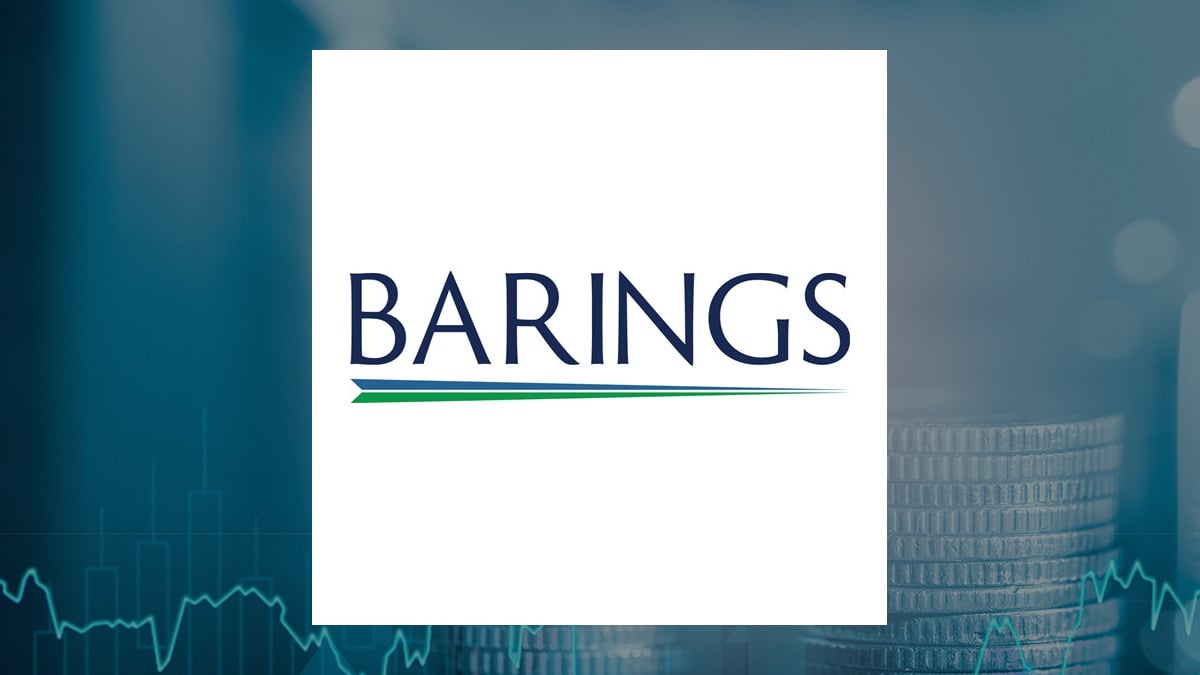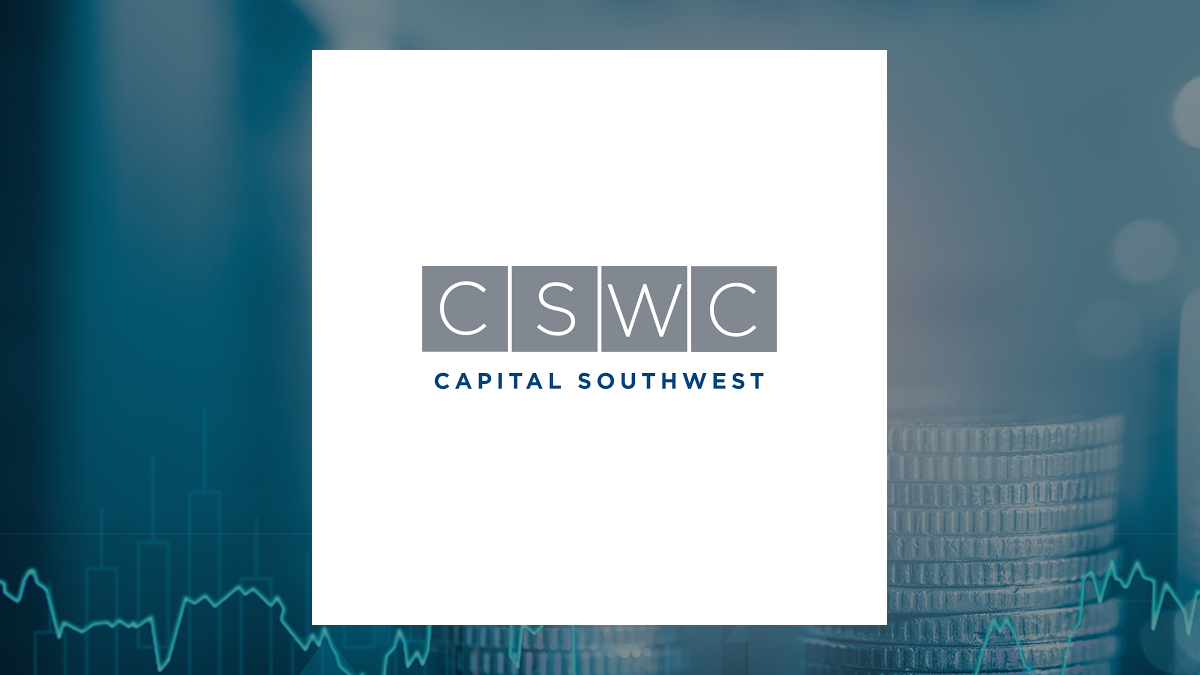Barings Corporate Investors (NYSE:MCI – Get Free Report) and Capital Southwest (NASDAQ:CSWC – Get Free Report) are both small-cap finance companies, but which is the better stock? We will contrast the two companies based on the strength of their valuation, institutional ownership, risk, earnings, analyst recommendations, dividends and profitability.
Dividends
Barings Corporate Investors pays an annual dividend of $1.60 per share and has a dividend yield of 7.8%. Capital Southwest pays an annual dividend of $2.32 per share and has a dividend yield of 11.2%. Capital Southwest pays out 140.6% of its earnings in the form of a dividend, suggesting it may not have sufficient earnings to cover its dividend payment in the future. Capital Southwest has raised its dividend for 2 consecutive years. Capital Southwest is clearly the better dividend stock, given its higher yield and longer track record of dividend growth.
Earnings and Valuation
This table compares Barings Corporate Investors and Capital Southwest”s top-line revenue, earnings per share and valuation.
| Gross Revenue | Price/Sales Ratio | Net Income | Earnings Per Share | Price/Earnings Ratio | |
| Barings Corporate Investors | N/A | N/A | N/A | N/A | N/A |
| Capital Southwest | $204.44 million | 5.63 | $70.55 million | $1.65 | 12.53 |
Capital Southwest has higher revenue and earnings than Barings Corporate Investors.
Profitability
This table compares Barings Corporate Investors and Capital Southwest’s net margins, return on equity and return on assets.
| Net Margins | Return on Equity | Return on Assets | |
| Barings Corporate Investors | N/A | N/A | N/A |
| Capital Southwest | 39.95% | 14.17% | 6.77% |
Insider & Institutional Ownership
23.4% of Capital Southwest shares are owned by institutional investors. 1.1% of Barings Corporate Investors shares are owned by insiders. Comparatively, 2.8% of Capital Southwest shares are owned by insiders. Strong institutional ownership is an indication that hedge funds, endowments and large money managers believe a company will outperform the market over the long term.
Volatility and Risk
Barings Corporate Investors has a beta of 0.35, meaning that its share price is 65% less volatile than the S&P 500. Comparatively, Capital Southwest has a beta of 0.95, meaning that its share price is 5% less volatile than the S&P 500.
Analyst Ratings
This is a breakdown of recent ratings for Barings Corporate Investors and Capital Southwest, as provided by MarketBeat.
| Sell Ratings | Hold Ratings | Buy Ratings | Strong Buy Ratings | Rating Score | |
| Barings Corporate Investors | 0 | 0 | 0 | 0 | 0.00 |
| Capital Southwest | 1 | 2 | 5 | 0 | 2.50 |
Capital Southwest has a consensus price target of $24.10, indicating a potential upside of 16.54%. Given Capital Southwest’s stronger consensus rating and higher probable upside, analysts plainly believe Capital Southwest is more favorable than Barings Corporate Investors.
Summary
Capital Southwest beats Barings Corporate Investors on 12 of the 13 factors compared between the two stocks.
About Barings Corporate Investors
 Babson Capital Corporate Investors trust is a closed ended fixed income mutual fund launched and managed by Barings LLC. It invests in fixed income markets of the United States. The fund seeks to invest in securities of companies operating across diversified sectors. It primarily invests in a portfolio of privately placed, below-investment grade, long term corporate debt obligations. The fund also invests in marketable investment grade debt securities, other marketable debt securities, and marketable common stocks. It was formerly known as Babson Capital Corporate Investors. Babson Capital Corporate Investors trust was formed in 1971 and is domiciled in the United States.
Babson Capital Corporate Investors trust is a closed ended fixed income mutual fund launched and managed by Barings LLC. It invests in fixed income markets of the United States. The fund seeks to invest in securities of companies operating across diversified sectors. It primarily invests in a portfolio of privately placed, below-investment grade, long term corporate debt obligations. The fund also invests in marketable investment grade debt securities, other marketable debt securities, and marketable common stocks. It was formerly known as Babson Capital Corporate Investors. Babson Capital Corporate Investors trust was formed in 1971 and is domiciled in the United States.
About Capital Southwest
 Capital Southwest Corporation is a business development company specializing in credit and private equity and venture capital investments in middle market companies, mezzanine, later stage, mature, late venture, emerging growth, buyouts, industry consolidation, recapitalizations and growth capital investments. It does not invest in startups, publicly traded companies, real estate developments, project finance opportunities, oil and gas exploration businesses, troubled companies, turnarounds, and companies in which significant senior management is departing. In lower middle market, the firm typically invests in growth financing, bolt-on acquisitions, new platform acquisitions, refinancing, dividend recapitalizations, sponsor-led buyouts, and management buyouts situations. The investment structures are Unitranche debt, subordinated debt, senior debt, first and second lien debt, and preferred and common equity. The firm makes equity co-investments alongside debt investments, up to 20% of total check and only makes non-control investments. The firm is Industry agnostic, but it prefers to invest in Industrial manufacturing and services, value-added distribution, healthcare products and services, business services, specialty chemicals, food and beverage, tech-enabled services and SaaS models. The firm seeks to invest in energy services and products, industrial technologies, and specialty chemicals and products. Within energy services and products, the firm seeks to invest in each segment of the industry, including upstream, midstream and downstream, excluding exploration and production with a focus on differentiated products and services, equipment and tool rental, consumable products, and drilling and completion chemicals. Within industrial technologies, it seeks to invest in automation and process controls, handling and packaging equipment, industrial filtration and fluid handling, measurement, monitoring and testing, professional tools, and sensors and instrumentation. Within and specialty chemicals and products, the firm seeks to invest in businesses that develop and manufacture highly differentiated chemicals and products including adhesives, coatings and sealants, catalysts and absorbents, cosmeceuticals, fine chemicals, flavors and fragrances, performance lubricants, polymers, plastics and composites, chemical dispensing and filtration equipment, professional and industrial trade consumables and tools, engineered solutions for HVAC, plumbing, and electrical installations, specified high performance materials for fire protection and oilfield applications. It may also invest in exceptional opportunities in building products. The firm seeks to invest in the United States and North America. The firm seeks to make investments ranging from $5 million and $25 million in securities. It leads $5 to $70 million financings, Its Target holds of $5 million and $45 million, and the firm is willing to backstop up to $55mm with an active network of co-investors. It seeks to invest in the firm with minimum EBITDA is $3 million and $25 million. In addition to making direct investments, the firm allocates capital to syndicated first and second lien term loans in the upper middle market. Criteria for Upper Middle Market Syndicated 1st Lien is EBITDA Size more than $30 million, Closing Leverage greater than 4 times, investment hold size between $5 million and $7 million up to $15mm with senior loan fund, investment yield greater than 6.5%. Criteria for Upper Middle Market Syndicated 2nd Lien is EBITDA Size more than $50 million, Closing Leverage greater than 6 times, investment hold size between $5 million and $7 million, investment yield greater than 9%. It prefers to take a majority and minority stake. The firm has the flexibility to hold investments for very long period in its portfolio companies. It may also invest through warrants. The firm prefers to take Board participation in its portfolio companies. Capital Southwest Corporation was founded on April 19, 1961 and is based in Dallas, Texas.
Capital Southwest Corporation is a business development company specializing in credit and private equity and venture capital investments in middle market companies, mezzanine, later stage, mature, late venture, emerging growth, buyouts, industry consolidation, recapitalizations and growth capital investments. It does not invest in startups, publicly traded companies, real estate developments, project finance opportunities, oil and gas exploration businesses, troubled companies, turnarounds, and companies in which significant senior management is departing. In lower middle market, the firm typically invests in growth financing, bolt-on acquisitions, new platform acquisitions, refinancing, dividend recapitalizations, sponsor-led buyouts, and management buyouts situations. The investment structures are Unitranche debt, subordinated debt, senior debt, first and second lien debt, and preferred and common equity. The firm makes equity co-investments alongside debt investments, up to 20% of total check and only makes non-control investments. The firm is Industry agnostic, but it prefers to invest in Industrial manufacturing and services, value-added distribution, healthcare products and services, business services, specialty chemicals, food and beverage, tech-enabled services and SaaS models. The firm seeks to invest in energy services and products, industrial technologies, and specialty chemicals and products. Within energy services and products, the firm seeks to invest in each segment of the industry, including upstream, midstream and downstream, excluding exploration and production with a focus on differentiated products and services, equipment and tool rental, consumable products, and drilling and completion chemicals. Within industrial technologies, it seeks to invest in automation and process controls, handling and packaging equipment, industrial filtration and fluid handling, measurement, monitoring and testing, professional tools, and sensors and instrumentation. Within and specialty chemicals and products, the firm seeks to invest in businesses that develop and manufacture highly differentiated chemicals and products including adhesives, coatings and sealants, catalysts and absorbents, cosmeceuticals, fine chemicals, flavors and fragrances, performance lubricants, polymers, plastics and composites, chemical dispensing and filtration equipment, professional and industrial trade consumables and tools, engineered solutions for HVAC, plumbing, and electrical installations, specified high performance materials for fire protection and oilfield applications. It may also invest in exceptional opportunities in building products. The firm seeks to invest in the United States and North America. The firm seeks to make investments ranging from $5 million and $25 million in securities. It leads $5 to $70 million financings, Its Target holds of $5 million and $45 million, and the firm is willing to backstop up to $55mm with an active network of co-investors. It seeks to invest in the firm with minimum EBITDA is $3 million and $25 million. In addition to making direct investments, the firm allocates capital to syndicated first and second lien term loans in the upper middle market. Criteria for Upper Middle Market Syndicated 1st Lien is EBITDA Size more than $30 million, Closing Leverage greater than 4 times, investment hold size between $5 million and $7 million up to $15mm with senior loan fund, investment yield greater than 6.5%. Criteria for Upper Middle Market Syndicated 2nd Lien is EBITDA Size more than $50 million, Closing Leverage greater than 6 times, investment hold size between $5 million and $7 million, investment yield greater than 9%. It prefers to take a majority and minority stake. The firm has the flexibility to hold investments for very long period in its portfolio companies. It may also invest through warrants. The firm prefers to take Board participation in its portfolio companies. Capital Southwest Corporation was founded on April 19, 1961 and is based in Dallas, Texas.
Receive News & Ratings for Barings Corporate Investors Daily - Enter your email address below to receive a concise daily summary of the latest news and analysts' ratings for Barings Corporate Investors and related companies with MarketBeat.com's FREE daily email newsletter.
